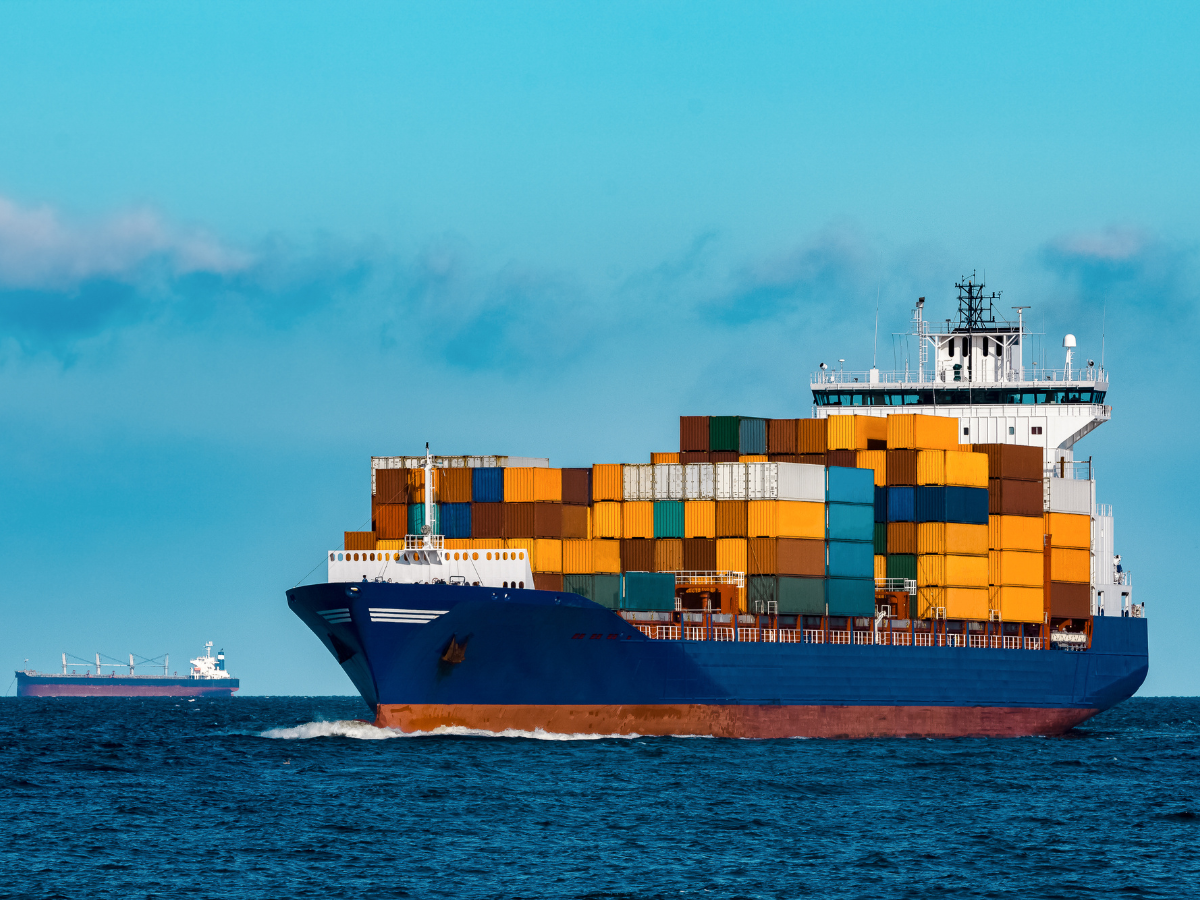The shipping sector is essential to promote the flow of commodities across international borders in the large and complicated realm of global trade. Vessel agencies, which serve as the go-betweens for ship owners, charterers, port authorities, and other stakeholders, are at the core of this sector. Although frequently disregarded, vessel agencies play an essential position to ensure effective operations and logistics. Here in this post, we examine the critical function that vessel agencies do in the maritime sector.
Operating A Port Or Terminal:
In organizing port and terminal operations, vessel assistance is essential. To obtain berthing space, plan vessel arrivals and departures, and supervise cargo handling operations, they communicate with port authorities and terminal operators. In addition to arranging the loading and unloading of cargo, bunkering, and other necessary services needed when a vessel is docked at a port, vessel agencies also offer on-the-ground support. They aid in the optimization of operations and the reduction of turnaround times with their understanding of the specific port circumstances in the area.
Making Operations More Efficient:
For the shipping process to function, vessel agencies act as a crucial link between numerous parties. In their capacity as middlemen, they coordinate and promote communication between ship owners, charterers, port administrations, customs officials, and other relevant parties. The efficiency of vessel agencies’ operations is increased by streamlining information flow, which also cuts down on turnaround times and delays in port operations.
Crisis Administration And Urgent Response:
Unexpected events and emergencies can happen in any sector, including shipping. In emergencies, vessel agencies serve as the initial point of contact and offer vital help and coordination. The safety and security of vessels, crew, and cargo are ensured by tight cooperation between vessel agencies and the competent authorities, whether dealing with accidents, natural catastrophes, or security concerns. For avoiding disruptions and preserving business continuity, their ability to react quickly and effectively in these difficult situations is crucial.
Supervision And Welfare Of The Crew
Vessel agencies frequently take on the duty of crew management, which is a crucial component of the maritime sector. They manage the logistics of the team, including the organization of visas, planning of travel, and adherence to global labor norms. By attending to their requirements, including medical support, repatriation, and social welfare, vessel agencies ensure the well-being of seafarers. Vessel agencies are essential to the industry’s ability to assist and care for the seafaring workforce because it depends so significantly on human resources.
Conformity and verification
Shipping businesses face a challenging task when navigating the intricate web of international legislation and documentation specifications. Vessel agencies are very knowledgeable and skilled in this field, ensuring adherence to legal and regulatory standards. Bills of lading, container manifests, and customs declarations are just a few examples of the important documentation they prepare and process. Shipping businesses can concentrate on their main business operations since vessel agencies manage these important issues while saving them time and resources.
Final Words
Vessel agencies are essential middlemen in the intricate network that is the shipping industry, which is a dynamic and complex ecosystem. It is impossible to exaggerate the importance of their role in enhancing operational effectiveness, ensuring compliance, coordinating port operations, monitoring crew welfare, and responding to emergencies. Shipowners and charterers can effectively negotiate the hurdles of international trade thanks to the assistance of vessel agencies, which offer them the expertise, knowledge, and support they need. The function of the voyage service agency will remain crucial as the shipping sector develops, enabling the smooth transportation of products across the oceans.

